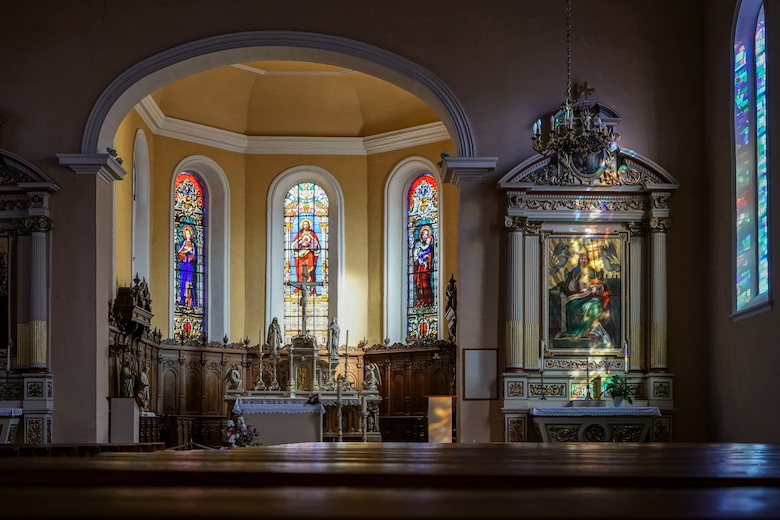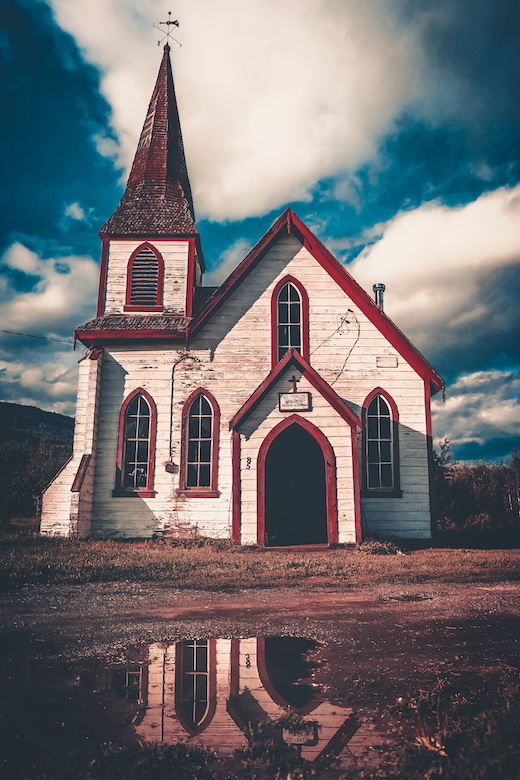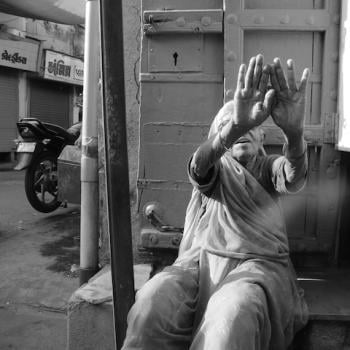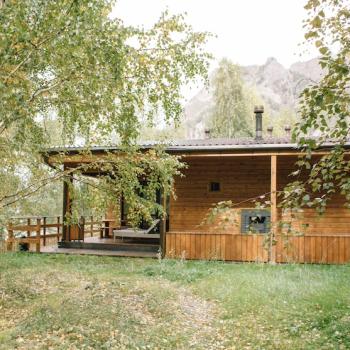
Serving threshold congregations is my subject today. By this, I mean small congregations on the cusp of change amid a wider period of ecclesial change in our country. Ecclesial change is just one facet of transition in a time when almost every aspect of our country is in upheaval—cultural, technological, political, and environmental. By this point, those of us affiliated with religion are familiar with declining interest in organized religion. Most of us who attend religious services likely notice declining numbers. We are well past the earlier stages when churches plotted strategies to reverse the tide and bring people through the doors. The cultural tide is much larger than us. It just is.
Presently, the church leaders I know and read recognize that the tide we are a part of is vast and epochal, and the arc that will turn the tide back to a time when people desire church attendance is wide. I strongly believe this tide-turning will come. But my hunch is that it won’t be in my lifetime. My hunch is that in time, the shared faith expression people get from religious services is something they will, again, long for. But only in the way we appreciate something so long absent that the repercussions of the absence become evident and undeniable.
What I see in the meantime, is the beauty and value of gathering in the faith community, even when numbers are quite small. The Episcopal church I serve as ordained deacon is in a town with a predominantly Latino population (+/- 60%), where most primarily speak Spanish or are bilingual. Our church is on an inescapable threshold. The community must determine how to afford a building and other costs that are beyond its means.
This is not the first time I’ve been close to a community facing threshold challenges. In fact, every church community I’ve been a part of since 2010, when I returned to church following a six-year hiatus, has been small. In situations where churches are shrinking and communities strive to make creative, Spirit-led decisions about buildings and financial sustainability, various solutions are commonly explored. These often involve sharing the building with community groups who help bear costs; selling or repurposing land adjacent to the church; or in some cases, closing the church’s doors. Every option involves hard choices, and all options strain human resources. In making these decisions, we must be led by faith, not fear.

Still So Much to Love
In the meantime, there is much to love and be nourished by. May we be fully present in what takes place in these small gatherings! Concerns about the future, or disappointment that “more people aren’t here,” can distract us entirely from beautiful things happening among us.
I was struck by this the other day. On this Sunday, several regulars were unable to attend, so including myself and the priest, just a few were in attendance. But what was so clear to me is that the Divine, the Great Spirit, the love-force-at-the-center-of-all-created-things (call it what you will) does not care whether there are two people there, or two hundred, or two thousand. Whether two or two thousand, Christ is in us and among us.
I believe this as strongly as I believe anything: God does not care about our numbers. If you ever doubt this, I encourage you to look at images from the James Webb space telescope. To whatever degree possible, try to wrap your head around the immensity of this universe. (A fool’s errand, as it’s impossible for us to assimilate the vastness.) To my mind, the God of this universe doesn’t care one wit how many souls are in the pews. Sure, we have practical things to determine, such as how to steward our building and land well and how to pay the insurance bill. But this is a separate evaluation from any “valuation” of our experience as we gather together in contemplation and prayerful community.
On that recent Sunday when just a few of us worshipped together, I was struck by the beauty of the experience. The a cappella singing and candles and prayer, and Eucharist. The small group of us sharing the space were grateful and present, so it seemed. As we Episcopalians like to say: “Thanks be to God.”
If you liked this article, please leave me a comment below; I am interested in your perspective. To support my writing, please subscribe and share with a friend!
Wren, winner of a 2022 Independent Publishers Award Bronze Medal
Winner of the 2022 Independent Publisher Awards Bronze Medal for Regional Fiction; Finalist for the 2022 National Indie Excellence Awards. (2021) Paperback publication of Wren , a novel. “Insightful novel tackles questions of parenthood, marriage, and friendship with finesse and empathy … with striking descriptions of Oregon topography.” —Kirkus Reviews (2018) Audiobook publication of Wren.

















